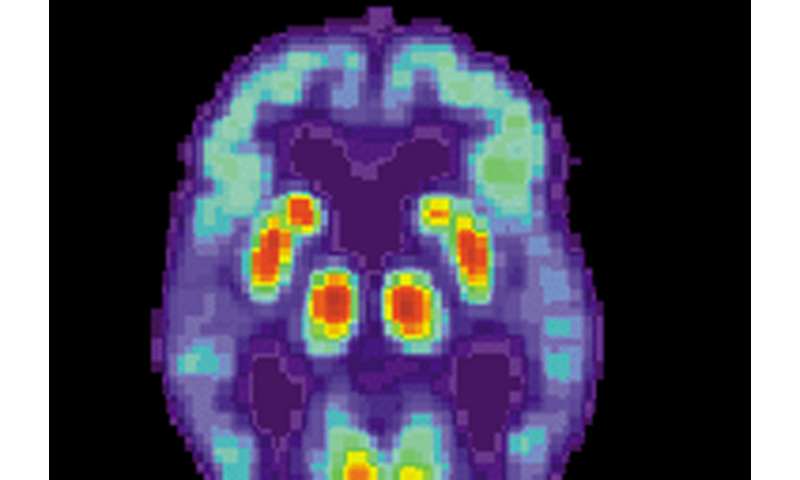
A new study published in the Journal of Physiology has shown that misfolded protein build-up in the gut could contribute to the development of Alzheimer’s-like symptoms in mice. This could suggest a new treatment approach for Alzheimer’s disease that would target the gut before symptoms of cognitive deficits appear in patients.
As these proteins were found in the gut, which is a window to the world, this suggests environmental factors might be contributing to cognitive deficits seen in Alzheimer’s disease and other conditions.
The misfolded protein, known to be involved in Alzheimer’s disease, called beta amyloid, was injected…


























